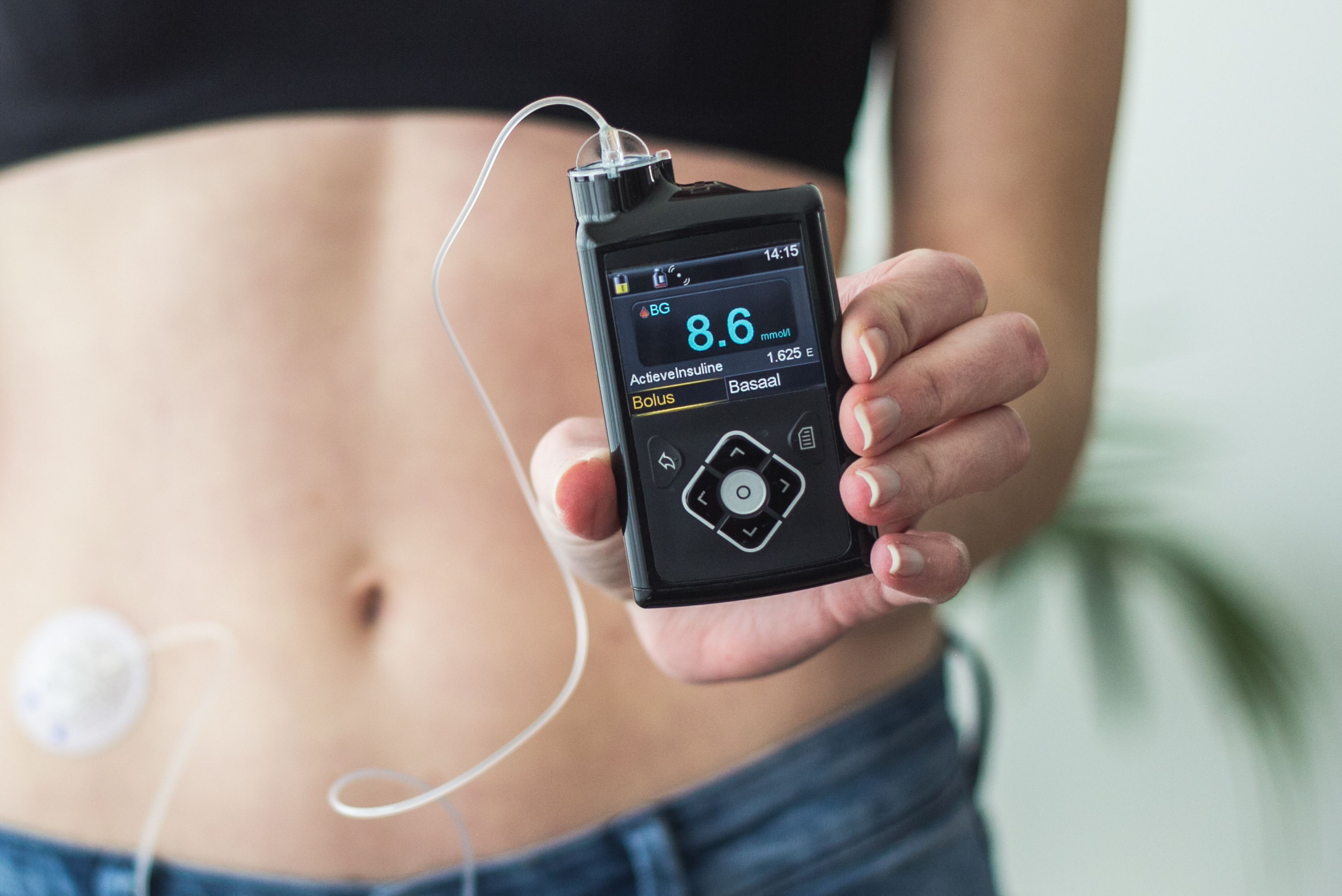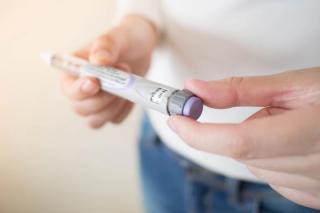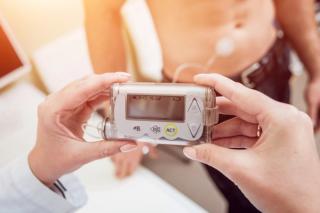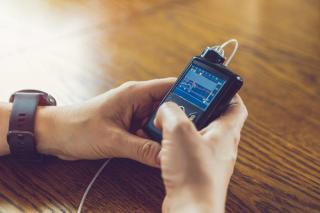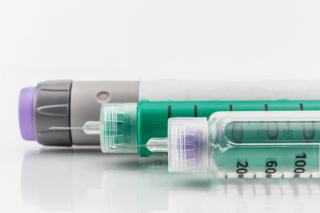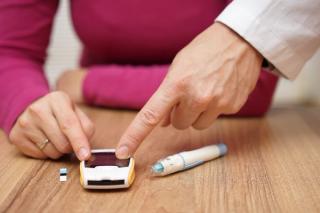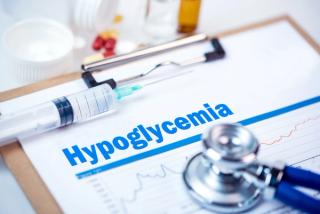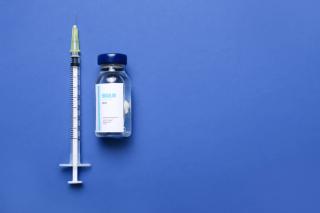
Insulin Management
Latest News

Latest Videos

Shorts

CME Content
More News
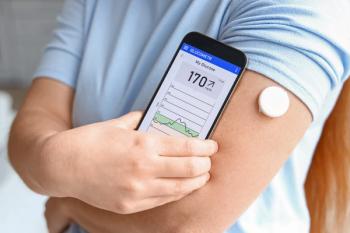
Low-carbohydrate diets, education, and technology enhance glycemic control and well-being for adults with type 1 diabetes.

Episode 5 explores insulin management as well as the insulin products, doses, and administration tools all pharmacists should be familiar with for their patients with diabetes.
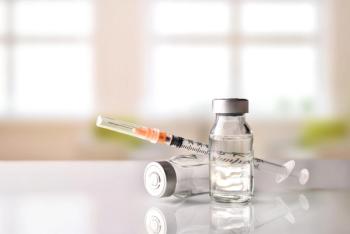
Patients tend to trust their physician to deprescribe more than their community pharmacist.
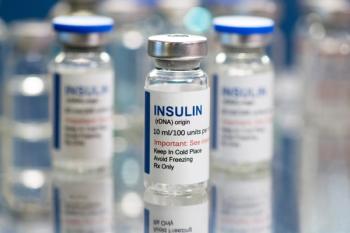
Pharmacists enhance diabetes care through text messaging interventions, improving medication adherence and glycemic control in patients with complex treatment plans.

Through diabetes education and initiatives focused on community health care, Clipper F. Young, PharmD, MPH, CDCES, BC-ADM, BCGP, is making a difference for patients and the pharmacy profession.
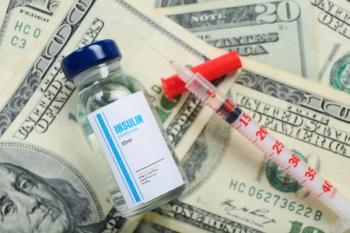
The model is designed to increase access, utilization, and adherence to insulin by lowering its maximum price.
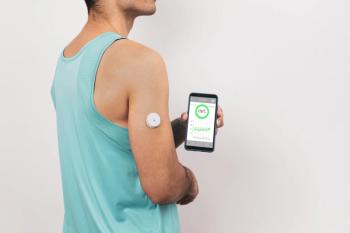
Medtronic’s diabetes management technology reached 2 milestones upon FDA approval, allowing integration of continuous glucose monitoring for patients with type 1 and type 2 diabetes.
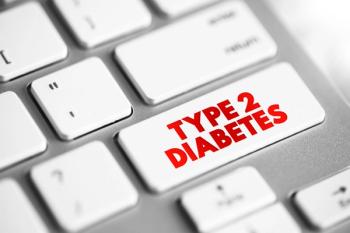
In the context of the COVID-19 pandemic, researchers investigated how insulin use and glycemic control were associated among patients with type 2 diabetes.

Pharmacists can improve insulin safety and adherence by combining in-person counseling with practical tools, regular check-ins, and proactive education.

Pharmacists play a key role in monitoring insulin use by addressing dosing, storage, and symptom management through regular, supportive patient check-ins.

The FDA approves Kirsty, an interchangeable biosimilar insulin, enhancing diabetes treatment options and accessibility for patients.

Community pharmacists play a crucial role in helping patients start insulin with confidence through education, emotional support, and hands-on guidance.

Amid increased advancements in diabetes management, Diana Isaacs, PharmD, BCPS, BCACP, BC-ADM, CDCES, discussed how these developments are currently impacting the delivery of insulin.

Jennifer Clements, PharmD, FCCP, FADCES, BCPS, CDCES, BCACP, BC-ADM, discusses how pharmacists can collaborate with providers to optimize insulin therapy.

Jennifer N. Clements, PharmD, FCCP, FADCES, BCPS, CDCES, BCACP, BC-ADM, discusses how pharmacists can help patients manage insulin.
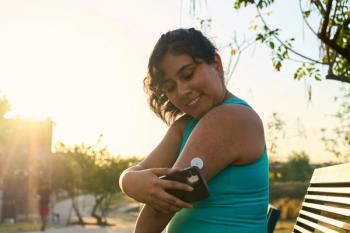
Diana Isaacs, PharmD, BCPS, BCACP, BC-ADM, CDCES, discusses how diabetes advancements like GLP-1s and CGM have impacted the management of insulin.

Researchers conducted a narrative review of the insulins available for diabetes management and which pharmacological options are best in the perioperative period and within clinical care.
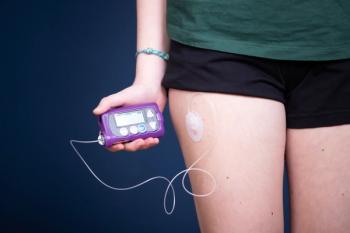
Diana Isaacs, PharmD, BCPS, BCACP, BC-ADM, CDCES, joins Drug Topics to discuss her extensive background in managing patients’ insulin regimens.
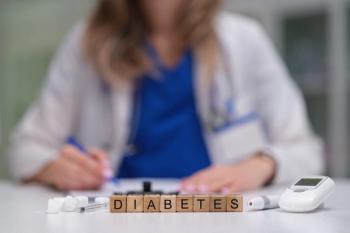
Diana Isaacs, PharmD, BCPS, BCACP, BC-ADM, CDCES, discusses the importance of insulin delivery and the common barriers pharmacists face in managing patients’ regimens.
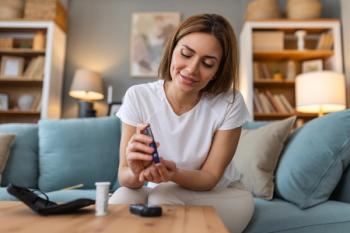
Researchers explored the effectiveness of telephonic insulin titration by a clinical pharmacist compared with in-office titration among patients in a medical residency clinic.
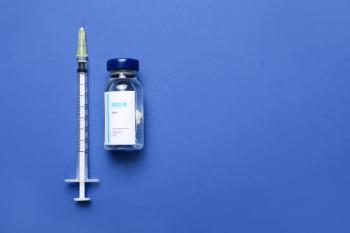
Efsitora demonstrates noninferior reductions in hemoglobin A1c and similar rates in patients with an A1c level less than 7% compared with common daily insulin.
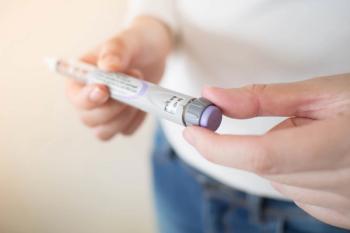
Patients who used the Bigfoot Unity Diabetes Management System had glycemic control and reduced diabetes distress.
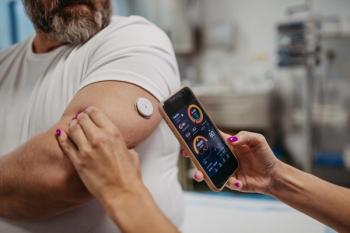
Control-IQ+ was associated with a greater reduction in glycated hemoglobin compared to a continuous glucose monitor alone.
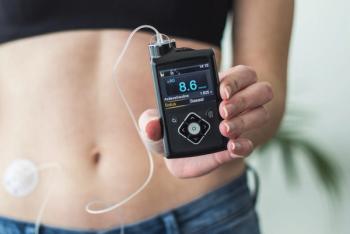
These findings challenge the common assumption that older adults might struggle to use more advance medical devices.

Children with type 1 diabetes who watched educational videos and played games had improved glycemic control and quality of life.




